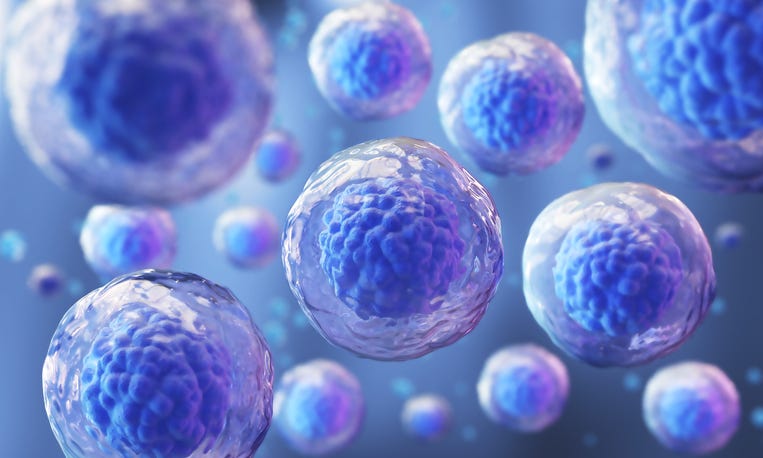
The first mixed-race woman, and third known person, has gone into HIV remission after receiving a transplant of stem cells from umbilical cord blood.
Researchers described the U.S. woman at a conference on Tuesday as middle-aged and of mixed race.
An abstract from the Conference on Retroviruses and Opportunistic Infection shared that the woman had been diagnosed with acute myeloid leukemia four years after she was diagnosed with HIV, CNN reported.
After she was diagnosed with leukemia, the patient began a high-dose treatment of chemotherapy which destroyed her blood cells. To make up for the destroyed cells, she received a transplant of stem cells from an adult family member to replenish her blood cell levels.
The transplant from her family member was a bridge until she could receive stem cells from the umbilical cord blood of an unrelated newborn. The cord blood has a mutation that makes cells resistant to HIV, but it can take months to produce from newborns.
The patient received the transplant in 2017, and by 2020 she stopped taking HIV meds antiretroviral therapy, and 14 months after that, they could not detect the virus in her blood, CNN reported.
The advantage of using cord blood is that it is taken from a national repository where scientists can identify blood with the HIV-resistant mutation, according to Dr. Marshall Glesby, a member of the research team.
The cell mutation was the same one involved in both of the other known cases of patients being cured of HIV after stem cell transplants.
It is predominantly found in people with northern European ancestry, making it challenging to give transplants to those who are not white.
However, the patient in the study was a match for the transplant, despite being identified as mixed-race. This leads scientists to believe that a wider pool of possible transplant recipients, specifically those with diverse racial backgrounds, could be opened.
"So [cord blood] would potentially be more widely available to people who need a transplant who have HIV, because of this lack of a necessity for as rigorous matching," Glesby, a doctor with the Division of Infectious Diseases at Weill Cornell Medicine, told CNN.
However, this treatment is not something that would be used for those who do not have blood cancer or are in need of a transplant, as the treatment is risky.
"This is not the type of treatment that would be appropriate for somebody who does not have a medical need to have a transplant," Glesby said to CNN, adding that the treatment could be fatal for as many as 20% of people who take it, as well as it may cause other health issues.


